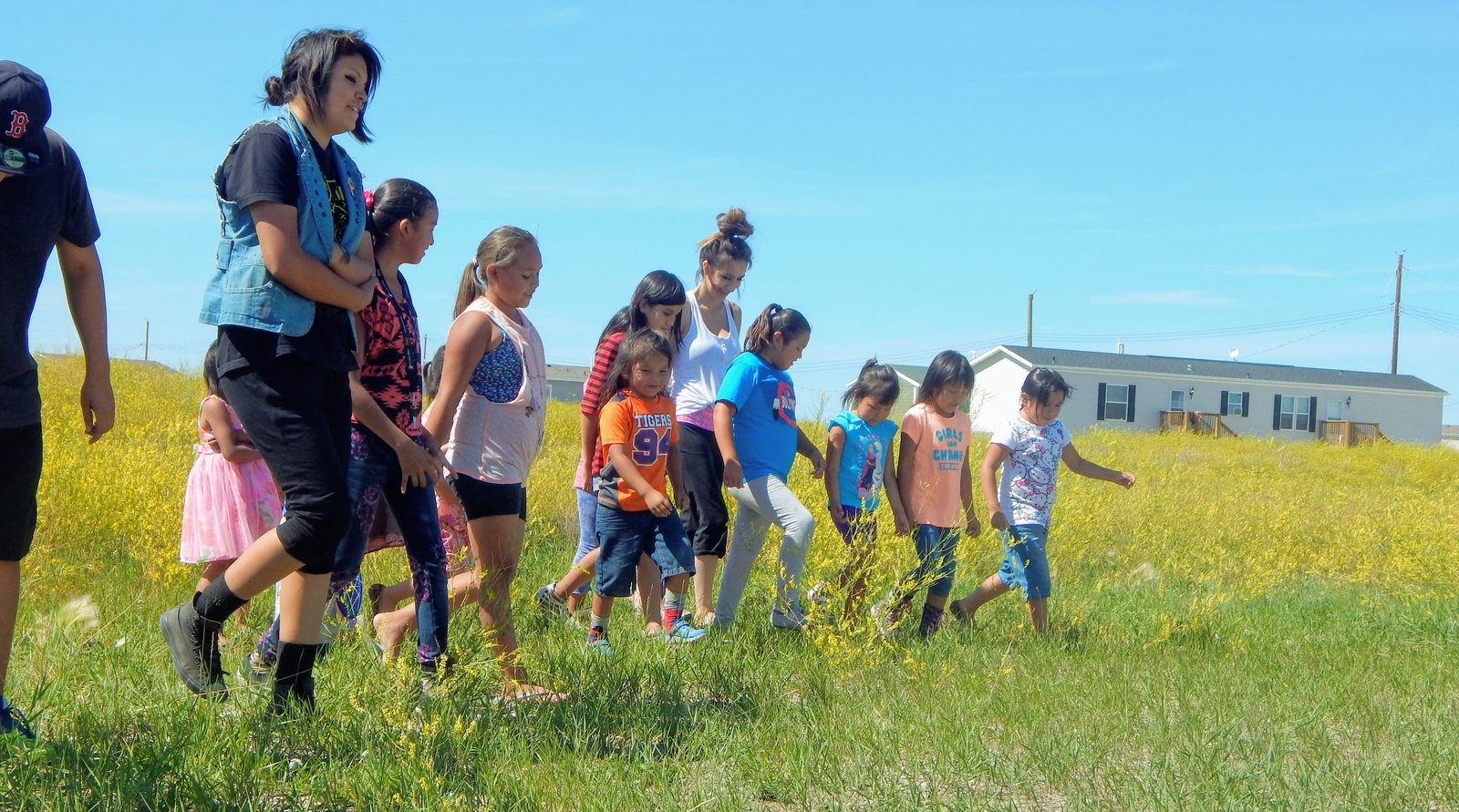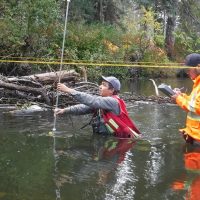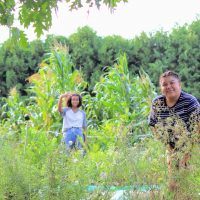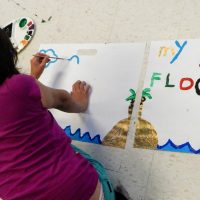Indigenous Peoples are on the front lines of a changing climate. And Indigenous perspectives provide unique insights about climate change solutions. Yet too often, governments and researchers exclude Indigenous voices from climate policy conversations.
To amplify Indigenous voices, research and worldviews, in fall 2020 the Canadian Climate Institute put out an open call for Indigenous case studies on climate change and policy responses to it. Based on that call, we commissioned seven case studies from Indigenous researchers and Knowledge Holders. While we have supported the researchers and teams in developing their studies, ultimately the insights they provide are theirs.
In honour of National Indigenous History Month, we are excited to share the first three case studies in the series:
- “Seed Sowing” by Elisabeth Mittenburg, Hannah Tait Neufeld, Laura Peach, Sarina Perchak, and Dave Skene explores an Indigenous-led grassroots initiative in the Grand River Territory within southern Ontario. It shows how an Indigenous food sovereignty initiative supports both climate action and reconciliation by restoring Indigenous Peoples’ relationships to Land and pathways to wellness.
- “Unnatural Disasters” by Darlene Yellow Old Woman-Munro, Emily Dicken, and Lilia Yumagulova draws on community-led research to document the long-term impacts of land dispossession, disaster displacement, and climate change in Siksika Nation, on Treaty 7 territory in southern Alberta, through interviews conducted with community members by Darlene Yellow Old Woman-Munro, a Siksika Elder, following the disastrous 2013 flood in the region.
- And “Ayookxw Responding to Climate Change” by Tara Marsden and Deborah Curran considers connections between climate adaptation and Wilp law and knowledge in the Gitanyow Lax’yip Land Use Plan governing their territory northeast of Prince Rupert, B.C. It considers how legal and policy instruments that enact Indigenous rights can guide management practices and help establish baselines for ecologic functions.
Collectively, these case studies demonstrate the crucial leadership that Indigenous Peoples are showing in preparing for and mitigating climate change. They also show the role that Indigenous-led research and policy can and must have in building a resilient, low-carbon, prosperous future for all who share this land.








